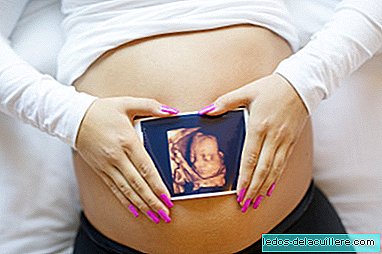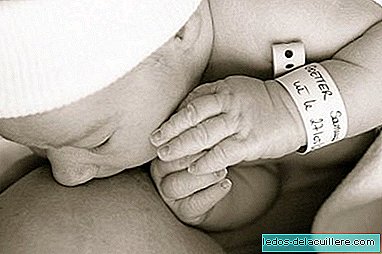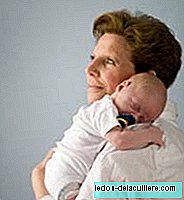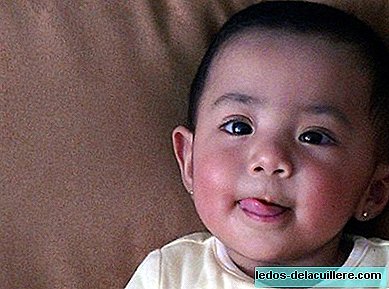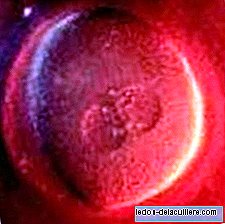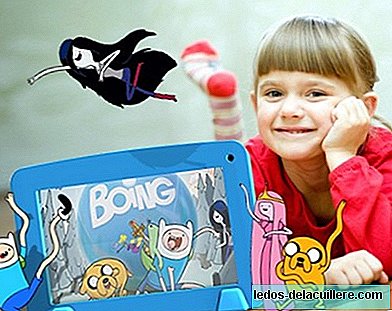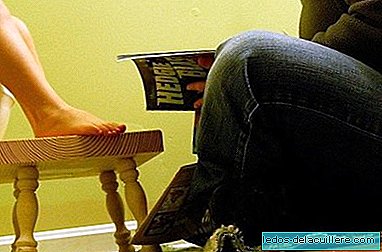
When children stop wearing diapers, they gradually acquire autonomy to clean themselves after going to the bathroom. And although each sex has its special treatment, in general you must make a constant observation of the little ones at this stage, to take care proper intimate hygiene in children.
We already talk about the habits of intimate hygiene in girls, and now it is the turn of boys. As in the case of the small ones, the transition to total autonomy must be gradual, and many months have yet to pass before the children learn the "technique" of cleaning themselves properly.
The hygiene of the genitals (perineal area) is very important to take it into account, and to do it in a delicate way, because it is usually the most prone to infections.
Tips for proper intimate hygiene in children
In the case of children it is usually recommended wash your hands both before and after urinating, since before, when taking the penis with the hands they run the risk of transferring the bacteria to the limb, and if they are splashed with urine the hands can then carry remains to the mouth if they are not washed.
Some parents believe that the child has to dry the remains of urine from the penis with a little toilet paper, although it is usually enough to take the time to drop the last drops to the toilet. In the case that paper is used, care must be taken that there is no remainder.
After defecating, it is necessary to clean well, using enough toilet paper, so that there are no leftover remains (the last piece of paper used should be clean). If wet wipes are used, it should be cleaned with a piece of paper that dries the area, it should not be wet, because bacteria could proliferate.
Immediately after going to the bathroom you have to wash your hands with soap and water; thanks to this measure certain infectious diseases that are transmitted orally-fecally through the hands are avoided.

Since the genitals are very close to the urine and feces, they are a part of the body that requires special attention. Both the vulva and the penis have a series of folds that must be separated to wash them properly, as these facilitate the accumulation of urine remains and various secretions.
When they are babies, do not try to force the separation between the glans and the foreskin, which may take years to occur. In circumcised children, the separation has already been produced by the intervention.
The foreskin is the skin that covers the penis, and the glans is the head of the penis. As children grow, the separation usually occurs naturally and when washing in the bath or shower a child from three or four years can remove the skin of the foreskin carefully, if it is already loose, to clean it .
Intimate garments should be changed every day, after bathing, or also in case of staining with urine or poop. It is recommended that the briefs are made of cotton and not of synthetic materials, and that they are not tight, as the pants should not be.
Although males usually have little discomfort, they are indicative of problems and that you should see a pediatrician if itching, small pimples, burning or irritation in the glans or foreskin appear. As in the case of girls, any foreign secretion may be the result of an infection, so it should also be consulted with the doctor.
Following all these intimate hygiene tips in children and teaching them to take care of their personal hygiene correctly but without hurry, the little ones will consolidate these fundamental habits for their health.
Photos | eren | thisvintagechica and ToddMorris on Flickr On Babies and more | Intimate hygiene during pregnancy, Changing the diaper, Intimate hygiene in girls


